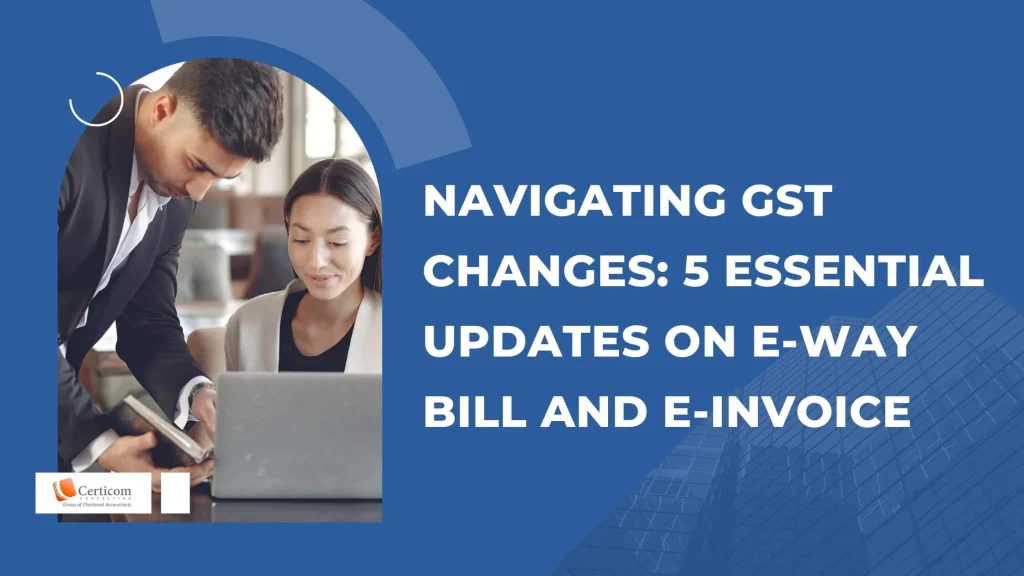- Have any questions?
9 Major Transactions to Watch Out For to Avoid Income Tax Scrutiny

Not only might offline transactions be examined by the Income Tax (I-T) department, but internet transactions can as well. Therefore, upon reaching a predetermined threshold, banks and other financial institutions ought to notify the IT department of the transaction. This covers all types of payments and transactions, including cash deposits, cards, UPI, and withdrawals over a predetermined amount.
To identify the discrepancies between reported income and incurred expenses, the IT department primarily employs advanced data analytics. Through the process of cross-referencing data from many sources, including bank statements, property records, investment details, and travel records, it is possible to generate an intricate financial profile of the individual. In order to evaluate income sources and spot potential inconsistencies, it can also compile data from outside sources including employers, stock markets, and travel agencies.
Suspected cases of tax evasion benefit from this level of inspection. Additionally, it enables the government to start scrutiny assessments, resolve disputes, and launch investigations in order to gather data and retrieve taxes.

List of Common Cash Transactions That Could Draw Attention from the I-T Department
Cash deposits or withdrawals from savings bank accounts totaling more than Rs 10 lakh over a fiscal year. Banks are required to notify any such transaction to the Central Board of Direct Taxes (CBDT). If the deposits are made into more than one account, the I-T department will still be notified if the total amount exceeds Rs 10 lakh. Though it may not always indicate tax cheating, an account with more than Rs 10 lakh warrants investigation.
- Exceeding Rs 50 lakh in cash deposits or withdrawals from a current account within a fiscal year.
- Depositing over Rs 10 lakh in cash into a fixed deposit (FD) account in a fiscal year.
- Conducting sales or purchases of immovable property exceeding Rs 30 lakh in a financial year.
- Making investments in cash worth more than Rs 10 lakh in a financial year in stocks, mutual funds, debentures, and bonds.
- Making cash payments exceeding Rs 1 lakh for credit card bills in a fiscal year.
- Paying over Rs 10 lakh in a fiscal year for credit card debt using any method other than cash.
- Selling foreign currency exceeding Rs 10 lakh in a fiscal year.
- Using cash transactions of over Rs 10 lakh to invest in mutual funds, shares, bonds, or debentures.
You need to consult a financial counselor if you have any questions regarding the disclosure of the source of cash. This would save you from the IT department’s wrath and help you better manage your finances.
Related Post
Navigating GST Changes: 5 Essential Updates on E-Way Bill and E-Invoice
Pros and Cons of Presumptive Taxation Scheme for Professionals
Book A One To One Consultation Now For FREE
How can we help? *




